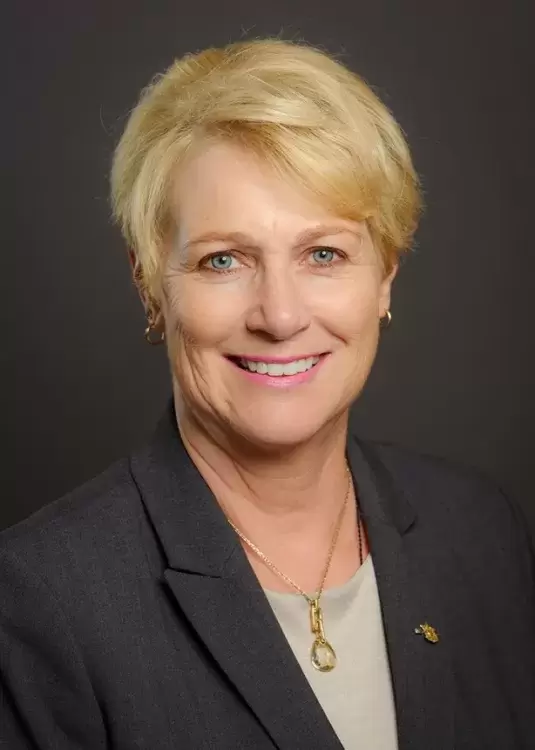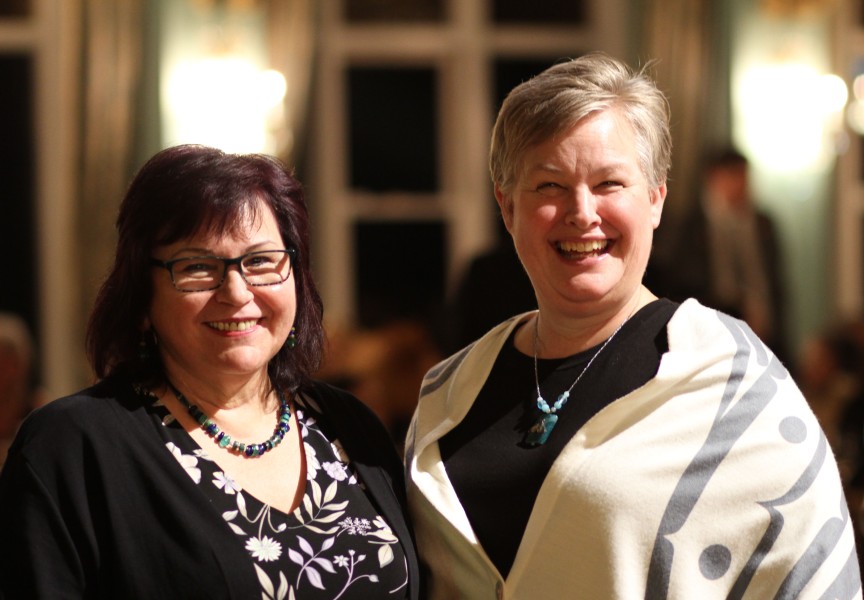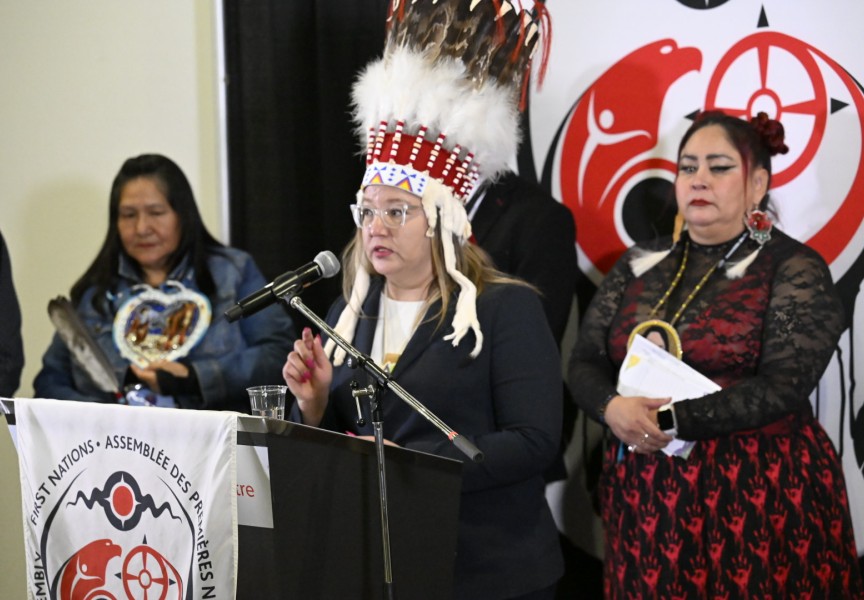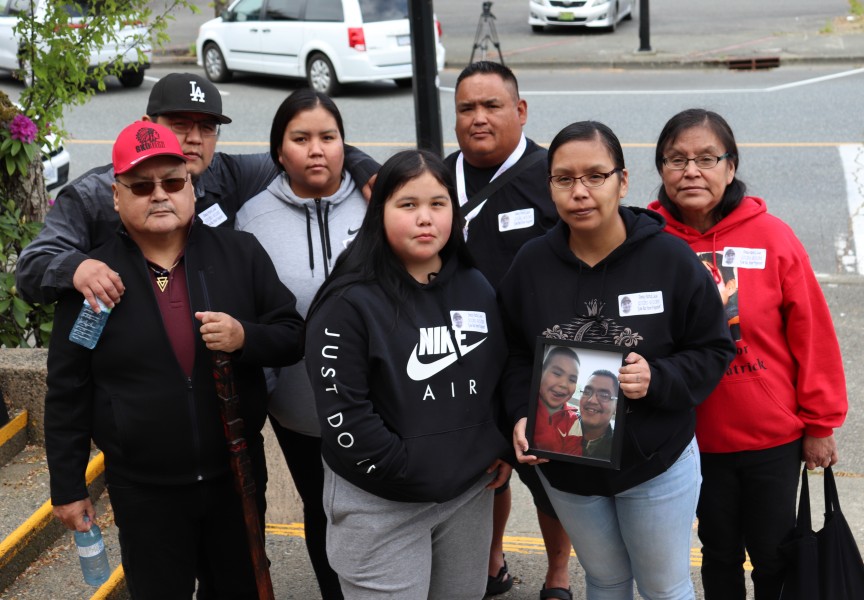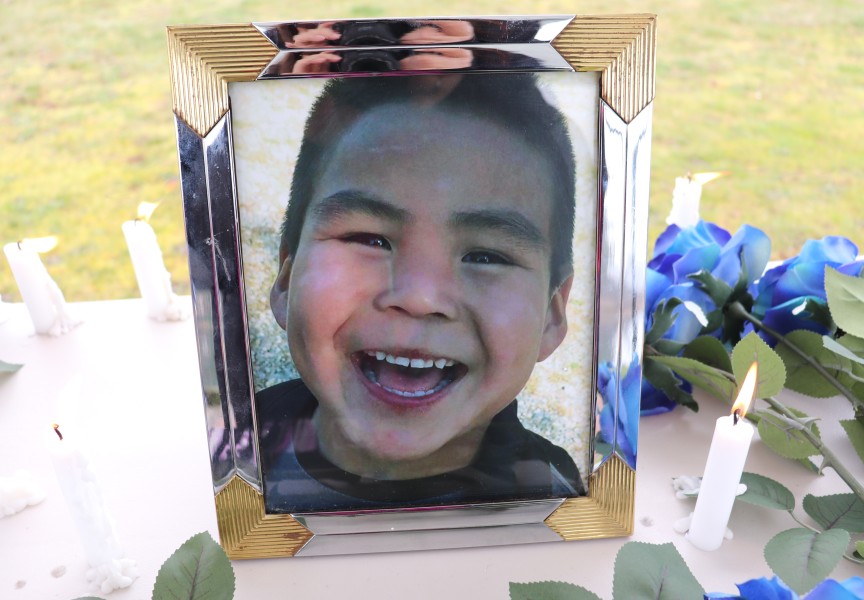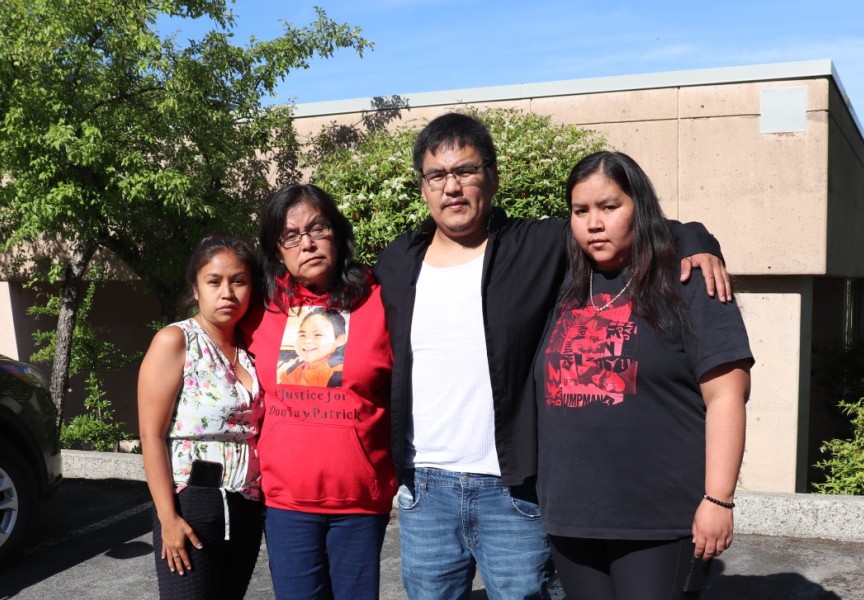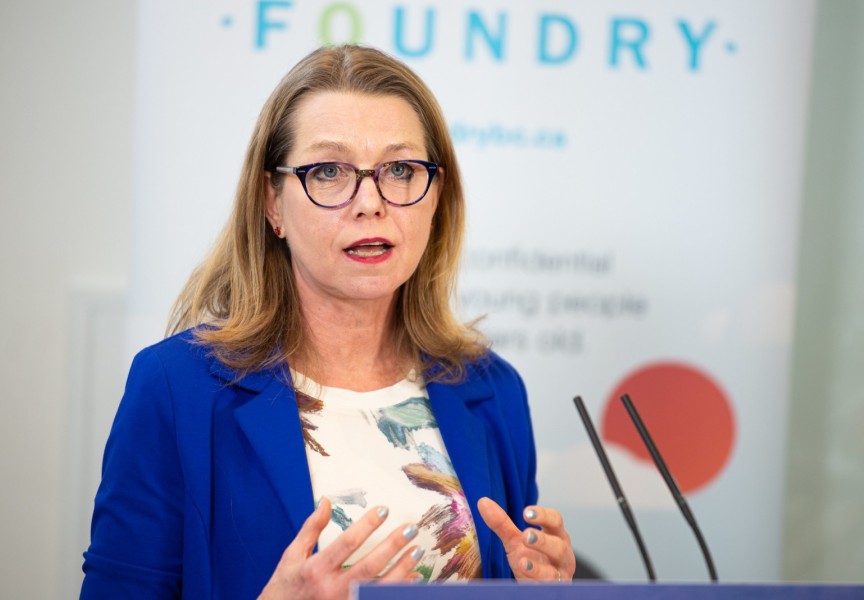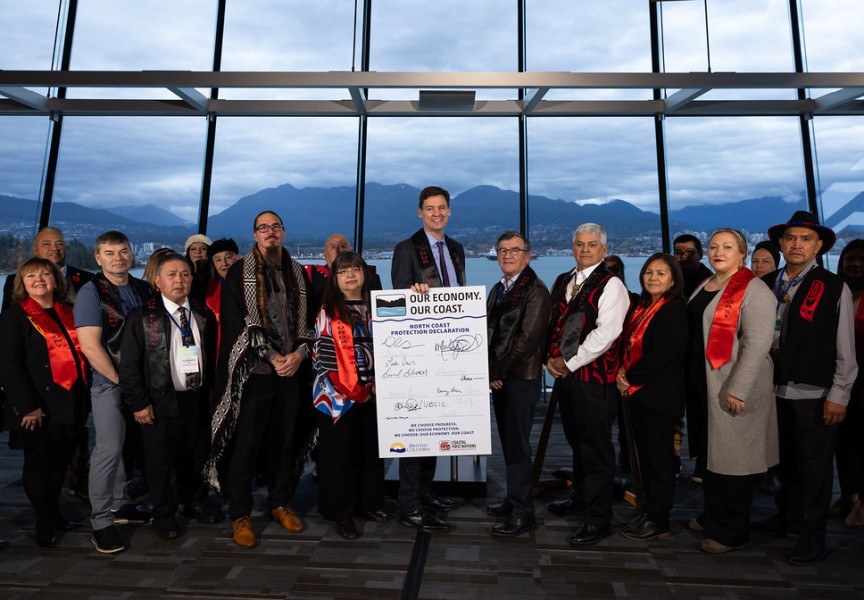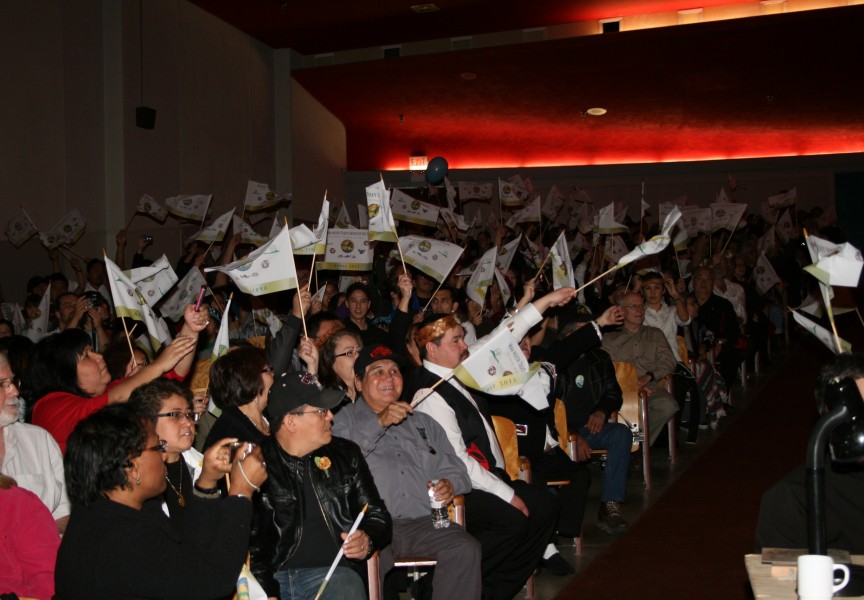Despite comprising less than 10 per cent of children in British Columbia, Indigenous youngsters make up 63 per cent of those in ministry-mandated foster care – a systemic overrepresentation that has prompted efforts for legislative changes.
Today (April 24) B.C.’s Ministry of Children and Family Development announced a proposed amendment to the provincial act that guides the child welfare system. If passed by MLAs in Victoria, the new version of the Child, Family and Community Service Act would contain language promoting a closer relationship with a child’s Indigenous community when a ministry-ordered removal from the parents is possibility.
The pending legislation pledges to share information with First Nations early in the process to help prevent a removal from family and ancestral culture. The proposed amendment would encourage written agreement with First Nations on child welfare matters, and ensures that an Indigenous community is kept up to date on legal proceedings affecting its children, according to a press release issued by the province. First Nations would be welcomed into the planning of their children in care, and the legislation would allow the ministry to withdraw from proceedings if an agreement between the parents and their Indigenous community is deemed adequate.
According to the province’s April 24 announcement, the current legislation “makes it challenging for social workers and the Indigenous community to find alternatives to removing children from their home or to plan for their ongoing care and connection to their culture and community.” If passed, the amended act would give social workers more flexibility to contact Indigenous communities directly about child welfare matters. Currently, privacy concerns limit communications the ministry can have with First Nations regarding specific cases.
The growing trend of the ministry removing children from their families led the Huu-ay-aht First Nations to declare a public health emergency on March 8. This came when the First Nation saw its number of children in care rise from 16 to 21 per cent of the First Nation’s youngsters over the previous year. Since August 2017 the Huu-ay-aht have been working to implement recommendations from its Social Services Panel, which stressed the need for more supports to help children stay with their families and culture.
“When we started working on the recommendations from our Social Services Panel, our nation had 34 or our 220 children in care, and 25 were in non-First Nations homes. That number is now 47, with 36 in non-First Nations homes,” said Huu-ay-aht Chief Councillor Robert Dennis in a March 8 statement from the First Nation. “I was shocked to hear it was increasing. There is a better way, and we need the province and federal government to immediately do their part to find a solution to this crisis for all First Nations communities.”
The issue was further intensified for the First Nation this January when a newborn was removed from the mother in hospital just three days after birth. As the infant was under the foster care of the paternal grandmother in Courtenay, the 20-year-old mother was limited to two hours of daily access, excluding weekends. A Huu-ay-aht First Nation member from Port Alberni, the mother lived out of a motel in Courtenay for several weeks. On Feb. 20 the B.C. Supreme Court ruled that access should increase to six hours a day, seven days a week, until Provincial Court determined she would get full access in her home community on the condition that the mother and baby receive ongoing support from family and the Huu-ay-aht First Nations.
A report from the ministry submitted to court noted “significant concerns for [the mother’s] ability to provide a safe and stable environment for a newborn child.” But according the Judge Barbara Flewelling’s ruling, the mother was not informed beforehand that the removal would take place nor given an adequate reason for the ministry’s disruptive action, which is a requirement under the Child, Family and Community Service Act.
Huu-ay-aht Councillor Sheila Charles sees the proposed amendment as an improvement over the current system.
“These changes are important in recognizing that Indigenous families and Indigenous communities share responsibility for the upbringing and well-being of Indigenous children. That is an important and welcome recognition,” she said. “However, the true test will be whether the government commits the financial resources and shows the willingness on the ground to work with us, so we are all working as hard as we can, doing everything we can for each child, together.”
“Keeping Indigenous children connected to their family and communities is a key priority of our government and these legislative changes are a first step towards this goal,” said Minister of Children and Family Development Katrine Conroy. “We will continue to listen to, and work with Indigenous communities to reform the child welfare system and reduce the number of Indigenous children in care.”

